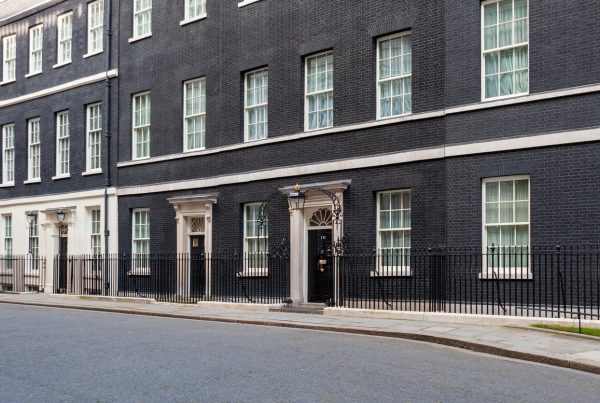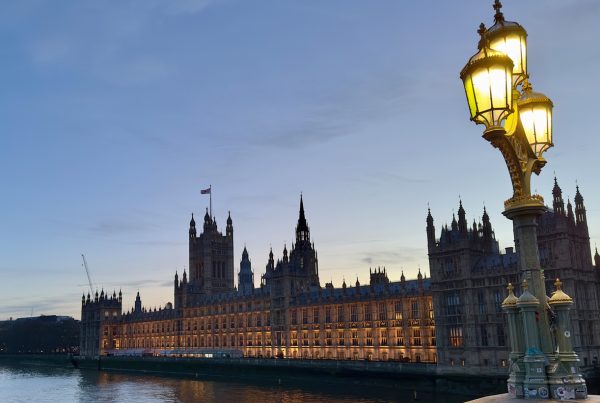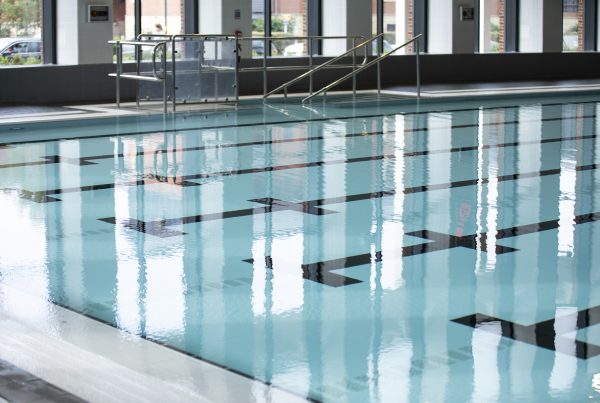By ukactive Senior Researcher Matthew Wade
Last week the 7th International Society for Physical Activity and Health (ISPAH) Congress was held at the Queen Elizabeth II Centre in London. This major international event for the physical activity sector brought together academics, practitioners, and policy makers from 60 countries and included over 1,000 delegates all with the same focus of getting more people, more active, more often. This was a very thought provoking week with some great conversations, with colleagues old and new. I came away with great enthusiasm for the direction and role of physical activity over the next few years. Below I discuss the areas I believe will be vital for the sector as we look to transform the health of the nation.
Physical inactivity is a global issue. The World Health Organisation set this out earlier this year in its Global Action Plan on Physical Activity. At ISPAH, there was a strong recognition for the increasing value policy-makers are placing upon physical activity – with growing possibility of positive policy change. We are now talking bigger and bolder about the importance of regular physical activity, and it feels as though people are starting to listen, and the tide of inactivity may be starting to shift.
For the tide to really change, collaboration is vital. This was a clear theme throughout the congress. For these collaborations to have a real impact they need to be dynamic, not rigid and single tracked. The message was that partnerships needed to bring together academics, practitioners, policy makers, and other stakeholders. These collaborations should include different disciplines or specialities, with the flow of information moving from academia to practice and policy, and back again. These types of partnership approaches are something we at ukactive look to encourage and facilitate across the physical activity sector.
Although there is now a focus on the implementation of physical activity policy and the promotion of collaborative approaches, as a scientific community we must not lose sight of the evidence base that has allowed this to happen. We still have a lot to learn about physical activity and exercise, this is an evolving field and we cannot rely on the same evidence forever. This is not to say we cannot move towards implementation with the current best evidence, but we must continue to research, learn, and develop.
A key link into the evidence base is the importance of evaluation to understand and demonstrate what is working, or not working. It was fantastic to see the vast amount of physical activity programmes presented and the positive outcomes on the participants and communities. Understanding the effectiveness of these programmes through evaluation allows real-world evidence to feed into the wider evidence base. Evaluations have become a key part of programme commissioning, with the importance highlighted through two reports published by ukactive, Public Health England, the National Centre for Sport and Exercise Medicine (NCSEM) in Sheffield, and Sport England.
For the evidence currently available to be used within practice and policy, as academics we need to support the translation and messaging to make our findings to be available and easily understandable for non-academic audiences. A scientific congress such as ISPAH with delegates from across academia, policy, and practice goes someway to ensuring this is achieved. It was great to hear and discuss how these three areas are working together, but away from the conference environment is research easily accessible and understandable? Dissemination of research findings needs to be open and accessible, with summaries of often complex research findings described in language digestible to everyone. The ukactive Research Institute have recently made steps to address this through an Open Science policy.
The benefits of regular physical activity are clear and have global recognition. ISPAH has presented a timely reminder of how different disciplines and sectors can come together in partnership to implement programmes to increase physical activity levels, the evidence base, and develop messaging. We must use this to continue and increase the momentum generated.
If you need support or advice around physical activity research, translation between academia and policy, measurement and evaluation in relation to your intervention, product, or service, then contact the ukactive Research Institute at research@ukactive.org.uk to find the most appropriate solution.

More People More Active More Often




